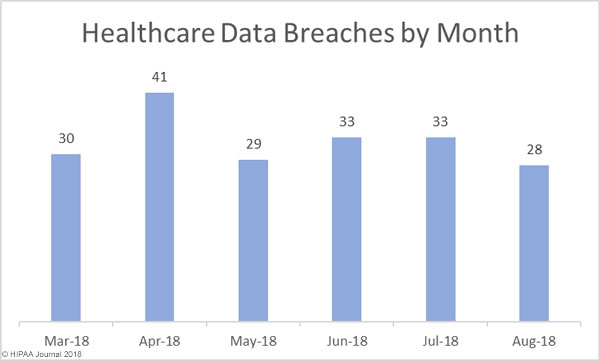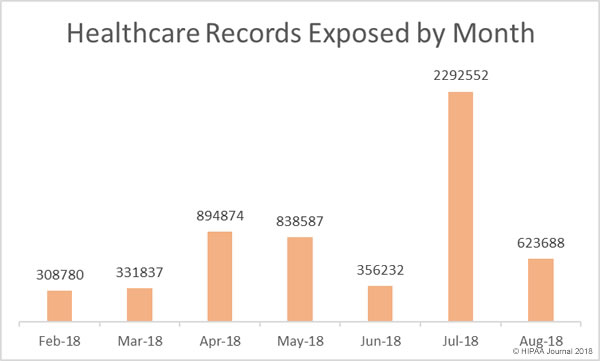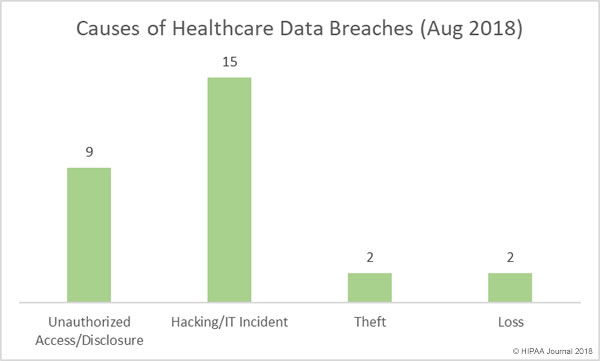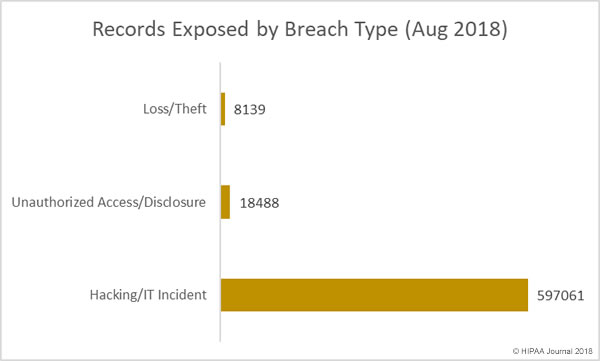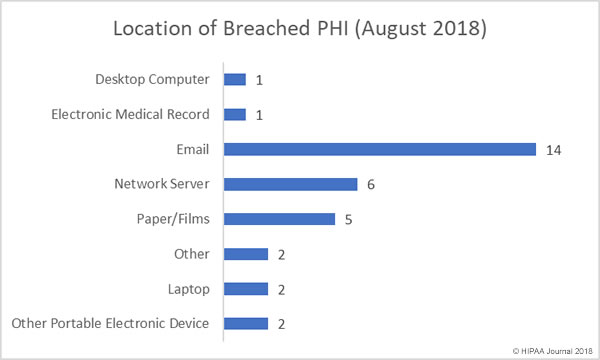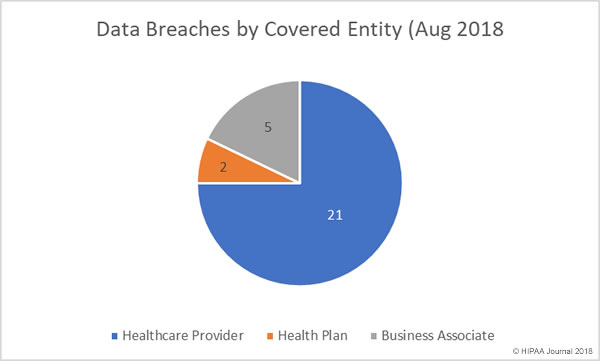A lawsuit filed by Lambda Legal on behalf of a victim of a data breach that saw the highly sensitive protected health information of 93 lower-income HIV positive individuals stolen by unauthorized individuals has survived a motion to dismiss.
The former administrator of the California AIDS Drug Assistance Program (ADAP), A.J. Boggs & Company, submitted a motion to dismiss but it was recently rejected by the Superior Court of California in San Francisco.
In the lawsuit, Lambda Legal alleges A.J. Boggs & Company violated the California AIDS Public Health Records Confidentiality Act, the California Confidentiality of Medical Information Act, and other state medical privacy laws by failing to ensure an online system was secure prior to implementing that system and allowing patients to enter sensitive information.
A.J. Boggs & Company made its new online enrollment system live on July 1, 2016, even though it had previously received several warnings from nonprofits and the LA County Department of Health that the system had not been tested for vulnerabilities.
It was alleged that the failure to ensure its system was secure meant that any information entered in the portal by patients was at risk of exposure and could potentially be obtained by unauthorized individuals. In November 2016, four months after the system went live, A.J. Boggs & Company took the system offline to correct the flaws.
However, in February 2017, the California Department of Health discovered that the flaws in its portal had been exploited and unauthorized individuals had gained access to the system and had downloaded the private and highly sensitive information of 93 patients with HIV or AIDS. Following the discovery, the contract with the firm was cancelled and a new state-run system was adopted.
The ADAP program provides states with federal funding to provide financial assistance to low-income individuals with HIV or AIDS to make HIV medications more affordable, extending access to Medicaid when patients earned too much. Any medical data breach is serious, although the disclosure of an individual’s HIV status is especially so.
“HIV is still a highly stigmatized medical condition,” said Scott Schoettes, HIV Project Director at Lambda Legal. “When members of already vulnerable communities — transgender people, women, people of color, undocumented people, individuals with low incomes — already face challenges in accessing health care, undermining the trust they have in the ADAP is not just a breach of security; it creates a barrier to care.”
Lambda Legal is seeking statutory and compensatory damages for the patient and is seeking class action status to allow the other 92 breach victims to be included in the lawsuit.
The post California HIV Patient PHI Breach Lawsuit Allowed to Move Forward appeared first on HIPAA Journal.
